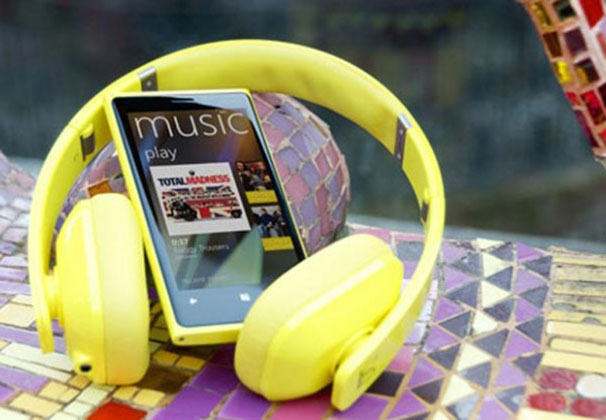
The way people listen to music has undergone constant change in the past two decades, from vinyl records to cassette tapes to compact discs to MP3 files. However, the newest way to listen to music is simple — to stream it.
More artists and organizations are turning to this delivery method as a way of fostering an aura of urgency in music listeners, and with this comes exclusivity. Watching a live music stream can be considered a third category for concertgoers. There are those who attend concerts, those who don’t and those who watch and listen to concert streams online.
Arcade Fire and Blaise Bellville have already pioneered this medium, creating never-before-seen excitement for music. Arcade Fire’s release of their fourth studio album was an impressive affair — in anticipation of the album, they streamed their performance at the YouTube Music Awards. They also released their album in its entirety on YouTube, replete with visuals from the 1959 movie “Black Orpheus,” and they removed it just a few hours after the release.
Blaise Bellville is the CEO of the electronic music streaming company known as Boiler Room. Boiler Room organizes exclusive events where electronic music artists perform and stream the events live on their website, boilerroom.tv. The company started in London, but has expanded to Berlin, New York, Paris, Los Angeles and Mexico City, and Bellville plans to continue establishing it in more places.
As many as 1.1 million people have tuned in to watch their streams at one time. Boiler Room continues to stream its parties from all over the world, and with a constantly expanding music archive, the company promises to attract all sorts of music fans.
Pop artists such as Lady Gaga and Britney Spears have also experimened with live streams of their albums prior to release. Their efforts exposed an enormous amount of people to this concept. The next step is a consistent calendar of music streaming events that provide alternatives to music lovers, who either do not want to deal with the chaos of live events or do not want to miss events held in foreign countries.
It is only a matter of time before music streaming becomes a social event, at which point the corporatism and antiquity of the music industry will make way for a much-needed redesign of music culture based on community interaction rather than corporate marketing.
A version of this article appeared in the Wednesday, Dec. 4 print edition. Francesco Zenati is a staff writer. Email him at [email protected].






















































































































































